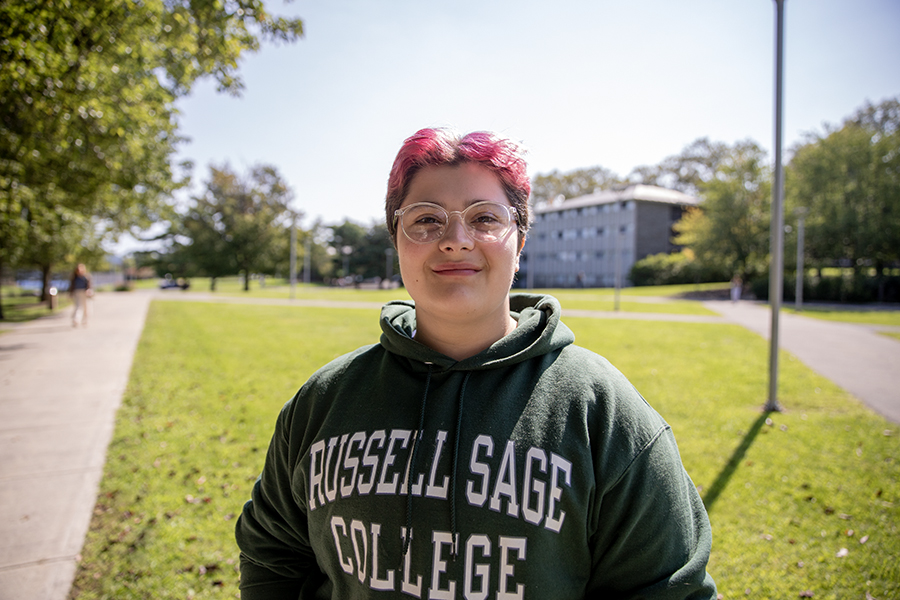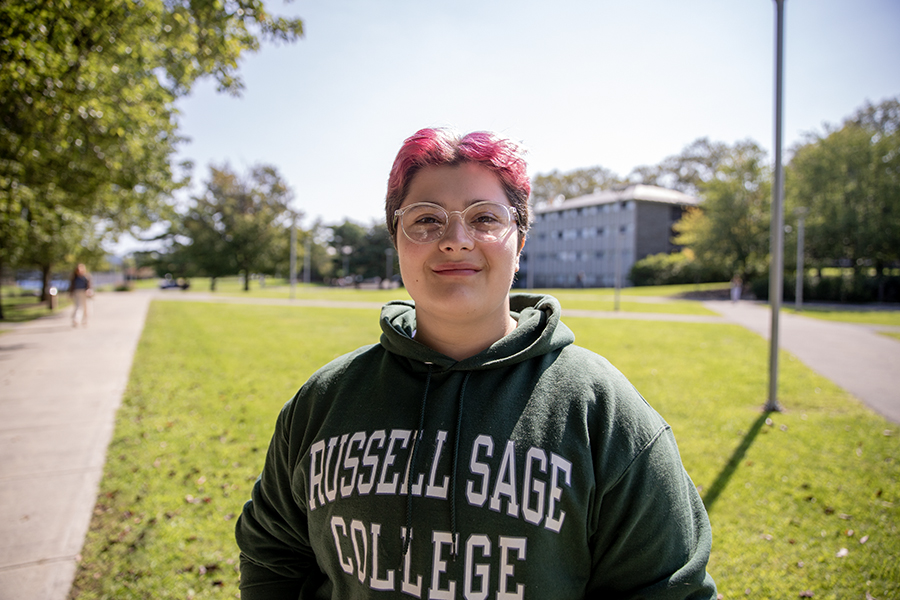Fact: President Donald Trump’s racist and xenophobic rhetoric inspires white nationalism. The recent mass shootings in El Paso, Texas, and Dayton, Ohio, were committed by deranged men whose motives ranged from anti-Hispanic bigotry to an obsession with mass violence. However, conservative commentators argue that one of the left’s favorite topics — intersectionality — isn’t useful for understanding why disaffected white young men become infatuated with Trump.
To get a better sense of this critique, I spoke to a politically moderate friend of mine who is white, straight and male. He grew up in an extremely poor, white town where his white privilege didn’t come in handy because everyone looked the same. Although he acknowledges the importance of social justice activism, a part of him can’t help but feel that the left’s heavy-handed focus on race can sometimes overlook the struggles that less privileged white Americans endure. When he recounts these realities — working at grueling minimum wage jobs, seeing friends and relatives die of drug overdoses, and police brutality — he’s told to shut up and “check his privilege.” There’s not much this friend of mine can say that’ll make his painful realities legible to progressive activists because many don’t particularly care to listen to white men. Being constantly denounced as an oppressor and blamed for societal issues out of one’s control, my friend told me, can sometimes heighten white people’s sense of insecurity and marginalization — particularly when their economic situations make them feel powerless.
Although discussion about the rise of white identity politics isn’t new, it has come into sharp focus following the two consecutive mass shootings that killed 31 people. The usual policy solutions to white nationalist violence include gun reform, strengthening domestic terrorism statutes and funneling more money into mental health research. I think these are all necessary, but Rep. Alexandria Ocasio-Cortez offered another suggestion that slightly surprised me: We should actively listen to the concerns of aggrieved white men and not vilify them. Obviously, Ocasio-Cortez isn’t calling for white men with far-right sympathies to be coddled. I understand her to be saying that an effective political resolution to white supremacist attacks should acknowledge the structural concerns that cause these men to become resentful and resort to violence.
This message is incredibly hard to heed, especially for communities of color that have been targeted by white domestic terrorists. When I initially heard Ocasio-Cortez asking us to be compassionate toward men who most likely despise my existence, I was annoyed and even enraged. But I don’t think what Ocasio-Cortez is asking us to do is completely impossible. We should relentlessly call out Trump for giving legitimacy to white nationalists. We should continue to inform white folks about the significant legacy of oppression in the U.S. and how they continue to benefit from it. But progressive leftists might need to reconsider this crude form of intersectional politics — a form of politics that’s only about morally condemning the white oppressor — that seems to elicit a more dangerous and violent form of identity politics among white men and women.
As a progressive myself, I must admit that I’ve also had difficulties comprehending why a certain subset of white men come to adopt these abhorrent ideologies. What is it about intersectionality-based activism that seems entirely disconnected from mainstream America? I don’t have enough space in this column to go over every aspect of this issue, but I do think there’s some truth to my friend’s argument that the rigid form of identity politics practiced by left-wing activists causes some white people to adopt socially liberal views on race while also causing others to strengthen their psychological attachments to racism and xenophobia.





